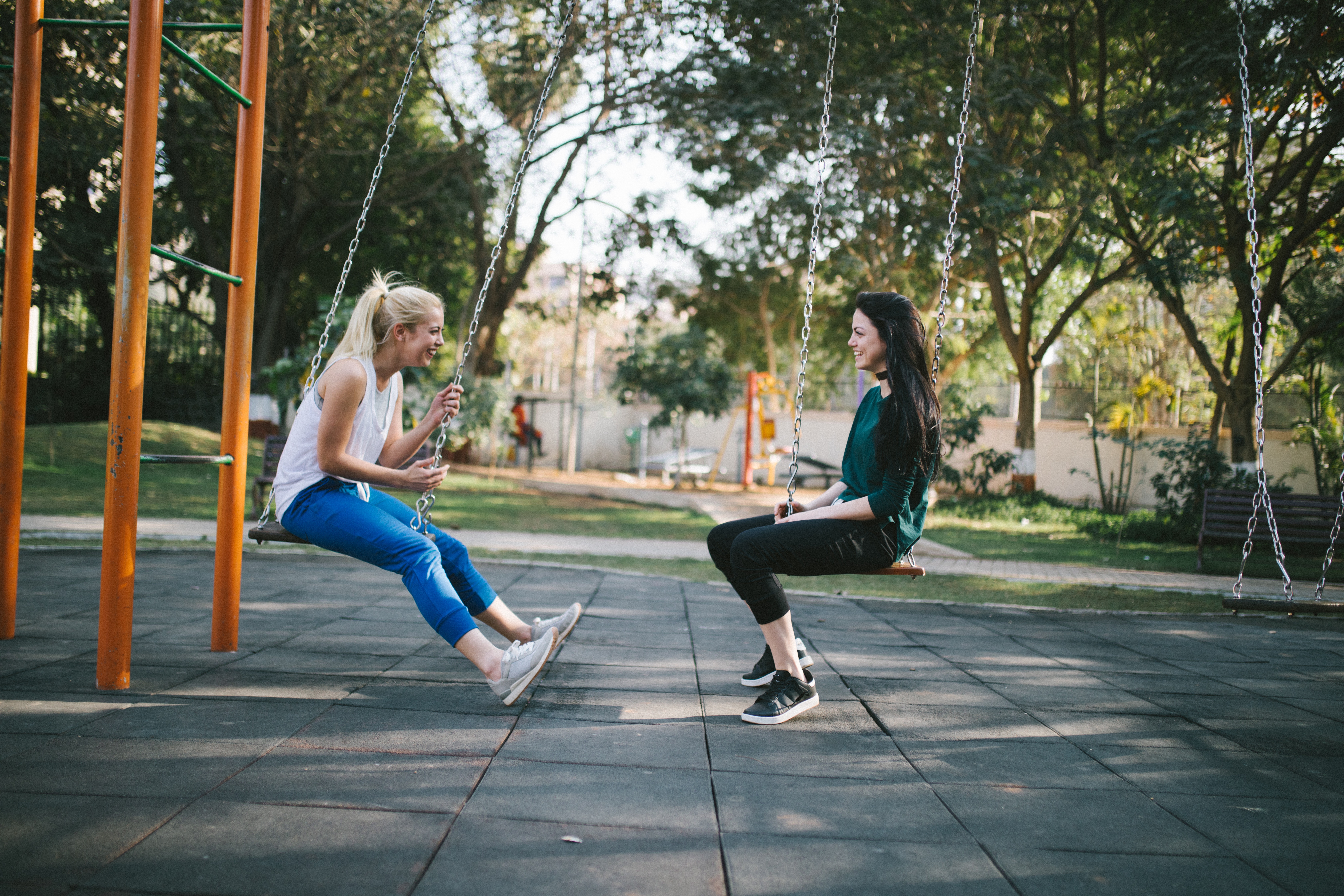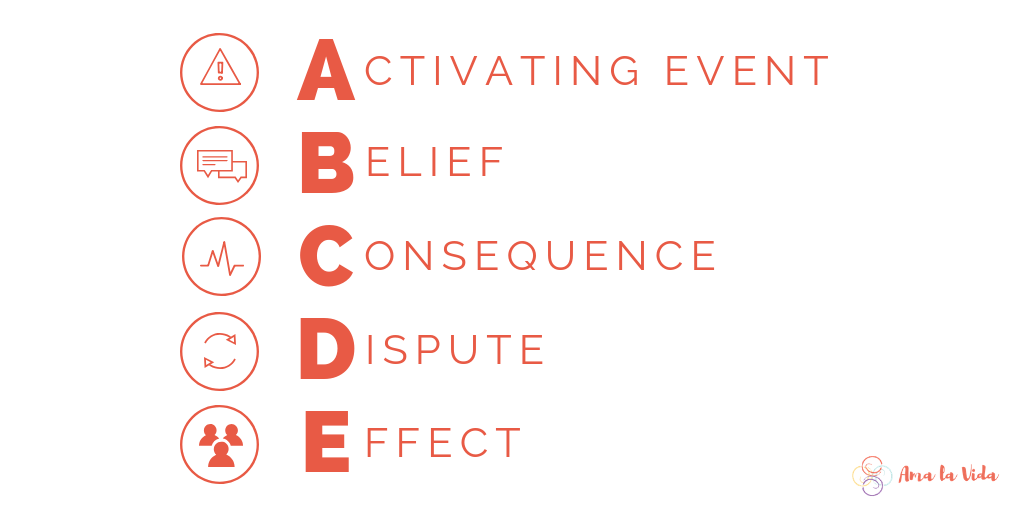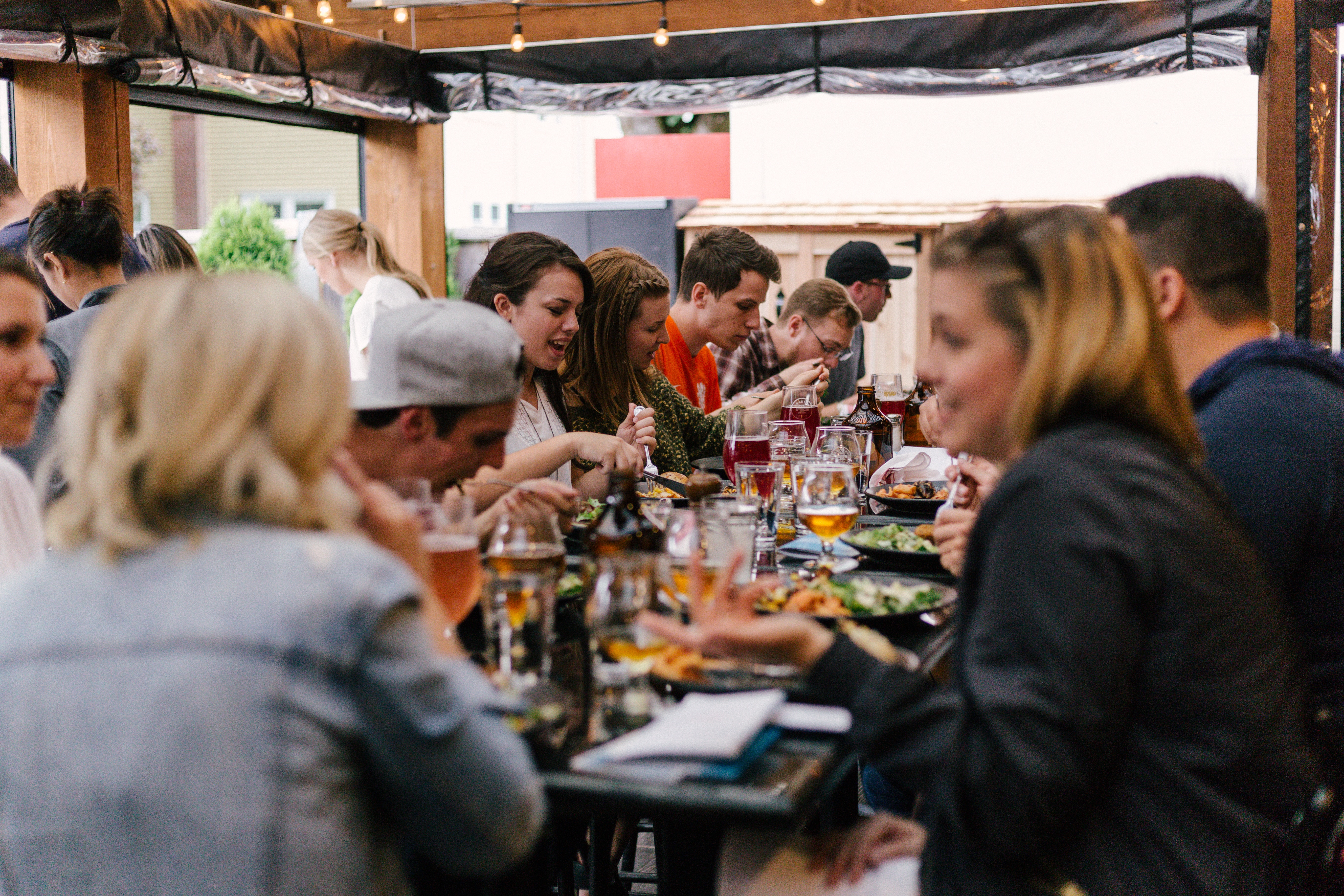Five Ways to OVERCOME Social Anxiety

Catching up with some friends for dinner tonight? Going to a wedding next weekend? Perhaps just meeting a few colleages for an after work drink? These all sound like fun experiences to look forward to, right? Not for everyone!
Social anxiety is a real and debilitating disorder affecting approximately 15 million American adults. It doesn’t necessarily mean that you don’t like socializing, or that you’re not good at it. It simply means that the idea of being around other people can create feelings of fear, judgment, self-consciousness and inadequacy. Experiencing these emotions almost every time you’re about to step out for a “fun” night can certainly suck the joy out of things. The good news is that there are many things that can be done to help tame the anxious beast. Our coaches have worked with many clients struggling with social anxiety, and below are five key strategies that have made a tremendous difference.
Best Case / Worst Case Mental Preparation.
People who experience social anxiety often over-analyze and catastrophize what is going to happen in a social setting. They draw unsubstantiated assumptions that no one is going to like them or that they are going to say something stupid, and everyone will laugh at them. Of course, these things very rarely, if ever, materialize. However, it doesn’t stop our minds from entertaining the detrimental thoughts. I encourage clients to mentally prepare for social situations by realistically imagining the very worst thing that could happen. I then encourage them to consider how they would recover from that if it ever happened. Next, I ask them to consider the very best thing that could happen. Perhaps they will sign a huge business deal or meet the love of their life. When they do this, they realize that potential downfall from the worst case scenario is actually pretty minor compared to the potential opportunity of the best case scenario, and so they really have nothing to lose. It is a good idea to keep reminding yourself of this “nothing to lose” concept during the social gathering.
Get Outside of Your Head.
Often when we feel social anxiety it is because we are so intensely focusing on ourselves – what if we do the wrong thing, say the wrong thing, respond the wrong way and so on. It can really help to redirect your focus onto the person or people you are speaking to. Listen intently to what they are saying, ask thoughtful questions and take a genuine interest in their life and story. Our brain cannot be anxious and intensely focused at the same time, so when you give your mental energy to others, you rob your anxiety of its power.
Exposure Therapy.
The more we avoid things that we are afraid of, the more afraid of them we become. One of the best ways to tackle social anxiety is to keep putting yourself in social situations. To take things one step further, it is also a good idea to reflect on the situation after the event and ask yourself, “Did my fears eventuate? What were some positive outcomes from the situation?” When we do this over and over again, we begin to realize that our anxiety is driven by false fear, and the upside of social gatherings is far greater than the downside.
Cognitive Behavioral Therapy (CBT).
CBT is the process of analyzing, challenging and reframing a situation. It helps our brain build new perceptions and associations and is a powerful strategy for tackling social anxiety. One effective way to apply CBT is by using the ABCDE model. A is for “Activating Event” – What is causing you anxiety(e.g., a friend’s party)? B is for “Belief” – What thoughts are you associating to this event? For example, “No one is going to like me.” C is for “Consequence”- How is your belief affecting your behavior? For example, because you feel that no one is going to like you, you don’t talk to anyone. D is for “Dispute” – What evidence do you have to support your belief, and can you reframe? For example, “I have always made friends at parties, and instead I am going to have the belief that maybe I’ll meet some great people.” E is for “Effect” – What is the outcome of this new thought? In this case, you’ll feel more optimistic about making friends and therefore speak to more people. Social anxiety arises from distorted thinking, and therefore the most effective way to address it is by changing and reframing our thoughts.
Remember you’re not alone.
Millions of people around the world struggle with social anxiety. Just knowing that you’re not alone can in and of itself help you to feel calmer. When we think we are the only ones with a problem, that problem is exacerbated by the perception that we are strange or crazy. However, when we realize that we are surrounded by millions of people who are also feeling equally anxious, we realize we are not strange or crazy; we are just human. Next time you are at an event or a party, remember that there are many other people there feeling the same way that you are, and instead of focusing on your own social anxiety, perhaps you can instead try to ease theirs.
Remember that we are here to help! If you are looking for support on overcoming anxiety, increasing your confidence and smashing your goals, fill out this form to be matched with a coach for a free consultation.













